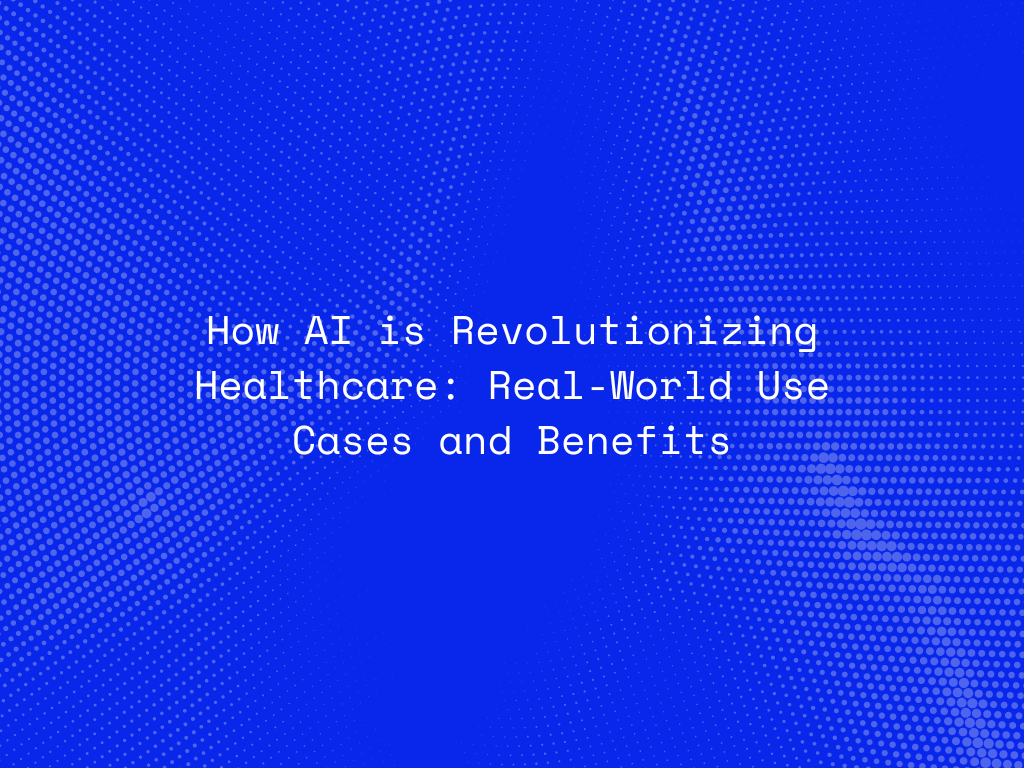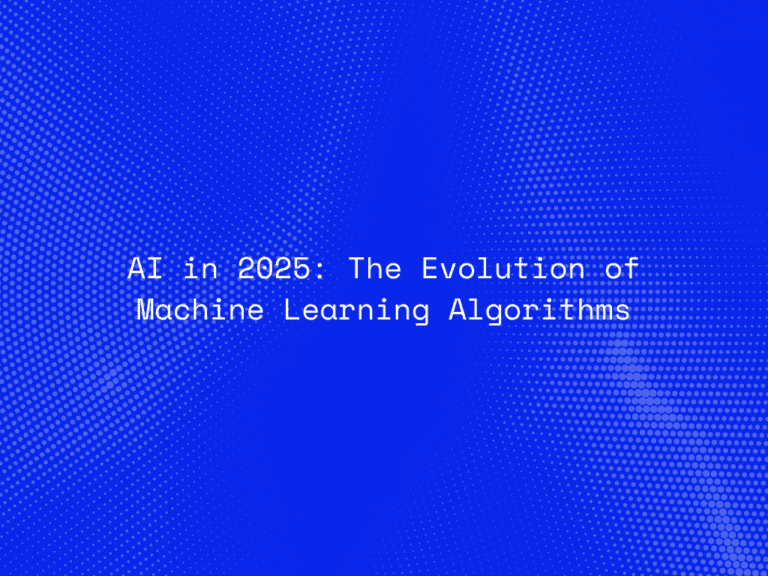Artificial intelligence (AI) is transforming the healthcare industry, revolutionizing the way medical professionals diagnose, treat, and manage patient care. With its ability to analyze vast amounts of data, identify patterns, and make predictions, AI is enhancing medical decision-making, improving patient outcomes, and driving innovation in healthcare delivery. In this blog post, we’ll explore real-world use cases and benefits of AI in healthcare and how it’s reshaping the future of medicine.
Real-World Use Cases of AI in Healthcare:
-
Medical Imaging: AI-powered image recognition algorithms are enhancing the accuracy and efficiency of medical imaging procedures such as X-rays, MRIs, and CT scans. These algorithms can analyze medical images to detect abnormalities, tumors, and other signs of disease with high precision, enabling earlier detection and diagnosis of conditions such as cancer and neurological disorders.
-
Disease Diagnosis: AI algorithms can analyze patient data, including symptoms, medical history, and genetic information, to assist healthcare providers in diagnosing diseases and conditions. For example, AI-powered diagnostic tools can help identify rare diseases, predict patient outcomes, and recommend personalized treatment plans based on individual patient profiles.
-
Drug Discovery: AI is accelerating the drug discovery process by analyzing vast amounts of biological and chemical data to identify potential drug candidates and predict their efficacy and safety. AI algorithms can simulate drug interactions, predict drug side effects, and optimize drug formulations, leading to faster and more cost-effective drug development pipelines.
-
Personalized Medicine: AI is enabling the development of personalized treatment approaches tailored to individual patient characteristics and needs. By analyzing patient data, including genetic information, biomarkers, and lifestyle factors, AI algorithms can predict how patients will respond to specific treatments and interventions, allowing for more targeted and effective healthcare delivery.
Benefits of AI in Healthcare:
-
Improved Diagnosis and Treatment: AI-powered diagnostic tools can assist healthcare providers in making more accurate and timely diagnoses, leading to improved patient outcomes and reduced healthcare costs. Additionally, AI-driven treatment recommendations can optimize therapy selection and dosage, resulting in better treatment outcomes and fewer adverse effects.
-
Enhanced Patient Care: AI technologies such as chatbots and virtual assistants can provide personalized health advice, answer patient questions, and facilitate remote monitoring and telemedicine consultations. This improves access to healthcare services, enhances patient engagement, and empowers patients to take an active role in managing their health.
-
Increased Efficiency and Productivity: AI-powered automation and decision support systems can streamline administrative tasks, such as medical coding, billing, and scheduling, freeing up healthcare professionals to focus on patient care. This improves workflow efficiency, reduces administrative burden, and allows healthcare providers to see more patients in less time.
-
Research and Innovation: AI is driving innovation in medical research by enabling researchers to analyze complex datasets, uncover novel insights, and accelerate the development of new treatments and therapies. AI-powered research tools can identify patterns and trends in data that may not be apparent to human researchers, leading to breakthroughs in understanding disease mechanisms and developing new interventions.
Conclusion:
AI is revolutionizing healthcare by transforming the way medical professionals diagnose, treat, and manage patient care. From improving diagnostic accuracy and treatment outcomes to enhancing patient engagement and streamlining administrative tasks, AI offers a wide range of benefits that are reshaping the future of medicine. As AI continues to evolve and mature, its potential to revolutionize healthcare delivery and improve patient outcomes will only continue to grow.




